The 8 top gaming trends of 2023
Opinion | From fighting to frightening, here are this year's biggest talking points in video games
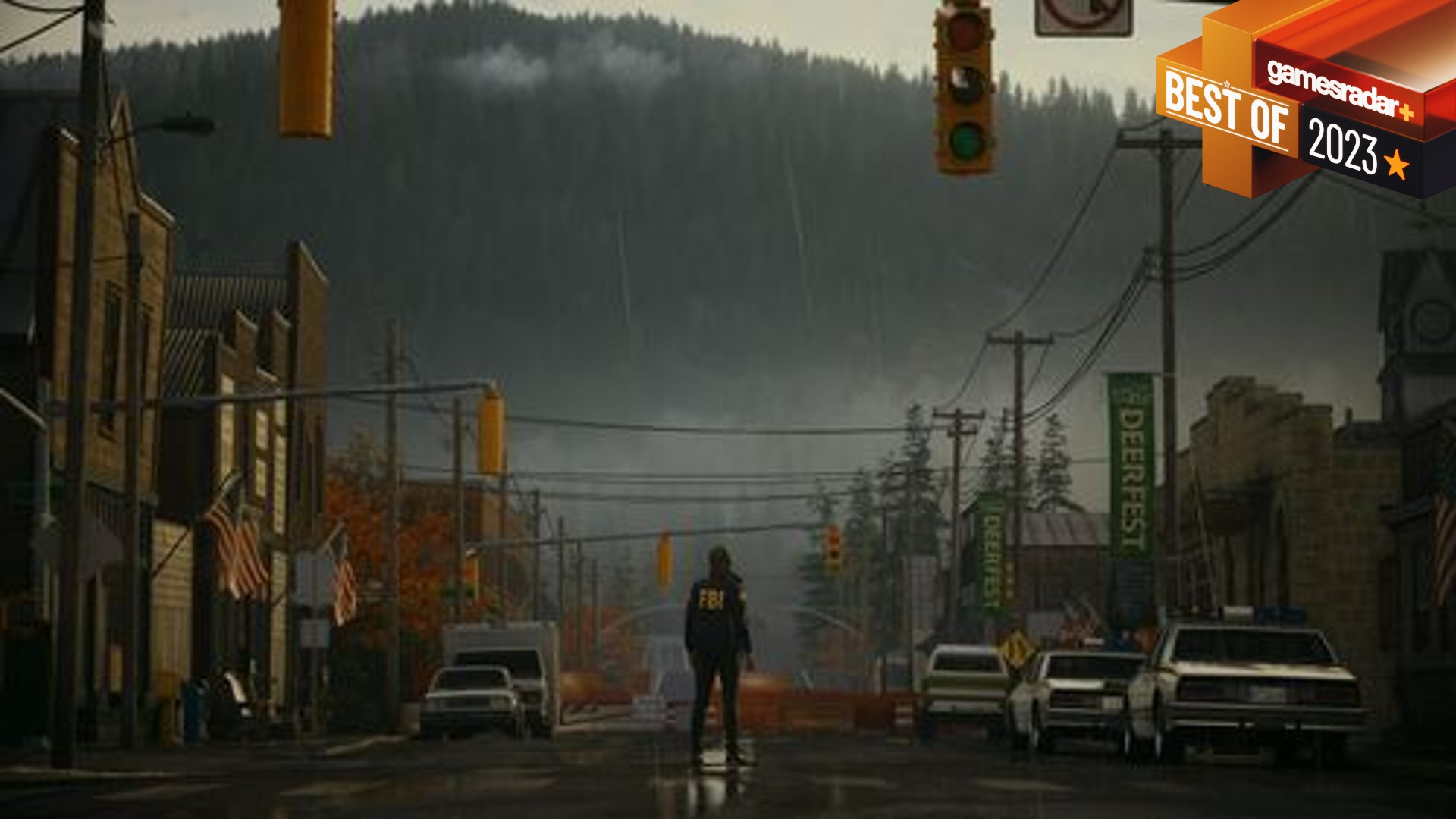
It's been a spectacularly diverse year for major video game releases, taking us from the fantastical depths of Baldur's Gate 3 to the euphoric heights of Hi-Fi Rush. So is it really possible to draw out some consistent themes and ideas? Yes. Yes, it is.
Every year in gaming has its fashionable foibles, whether that's an obsession with HDR, collective card game mechanics, or extravagantly tattooed lead characters. So what were the trends that shaped 2023? Here are eight of them.
The revenge of the fighting game
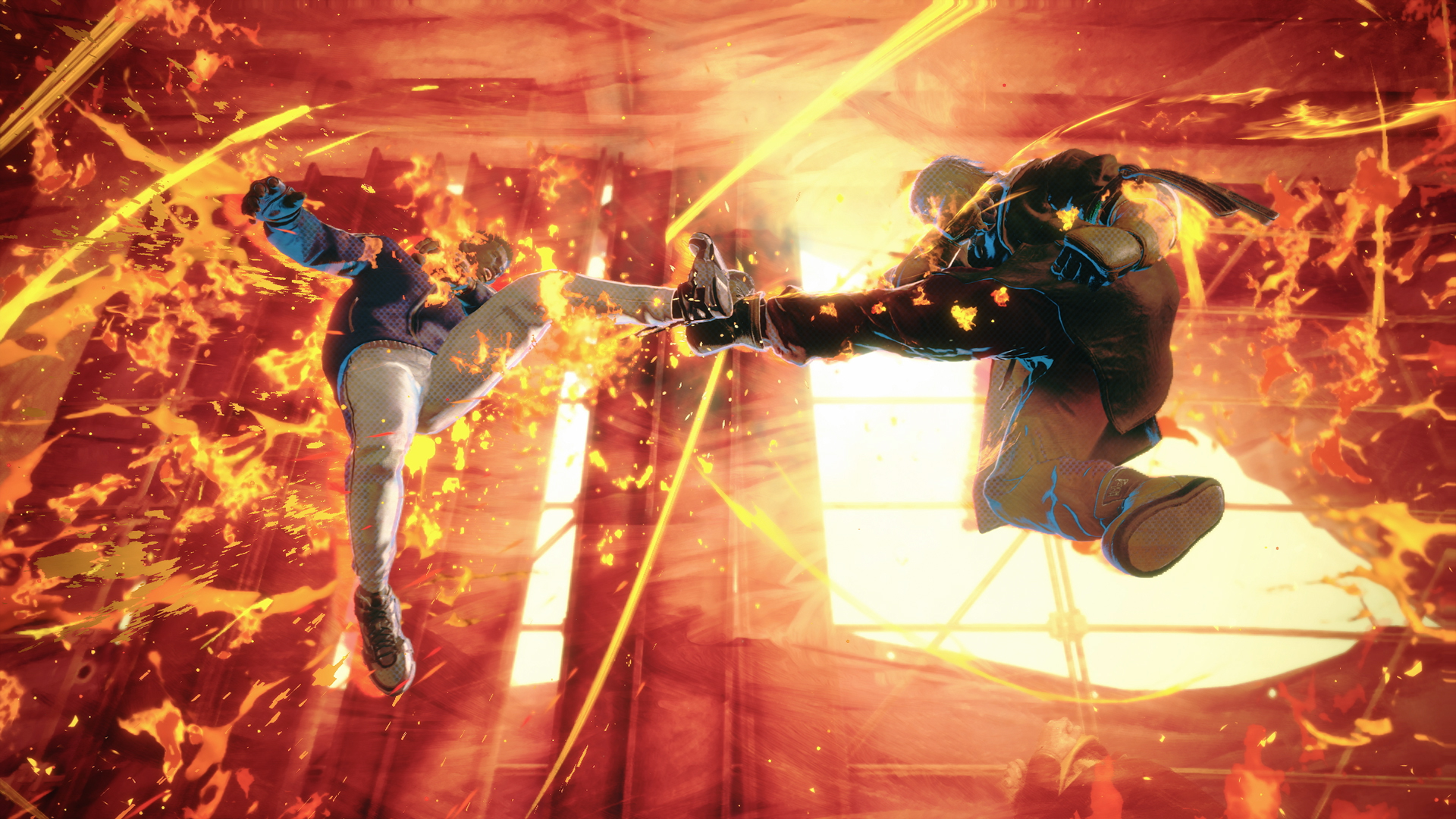
The fighting game is never going away, but the depth and range of experiences on offer this year signalled a new era for the genre. Street Fighter 6 offered intricate new combat systems, 18 excellent fighters and a range of tutorial and character customisation features that added new life and accessibility to the series. Mortal Kombat 1 brought a self-consciously ridiculous story, astounding visual effects and a wealth of modes, and for the killer blow, we also got the hilarious Gang Beasts-inspired Party Animals for lightweight brawls. This was the year in which fighters reintroduced themselves to a whole new generation.
Proper horror
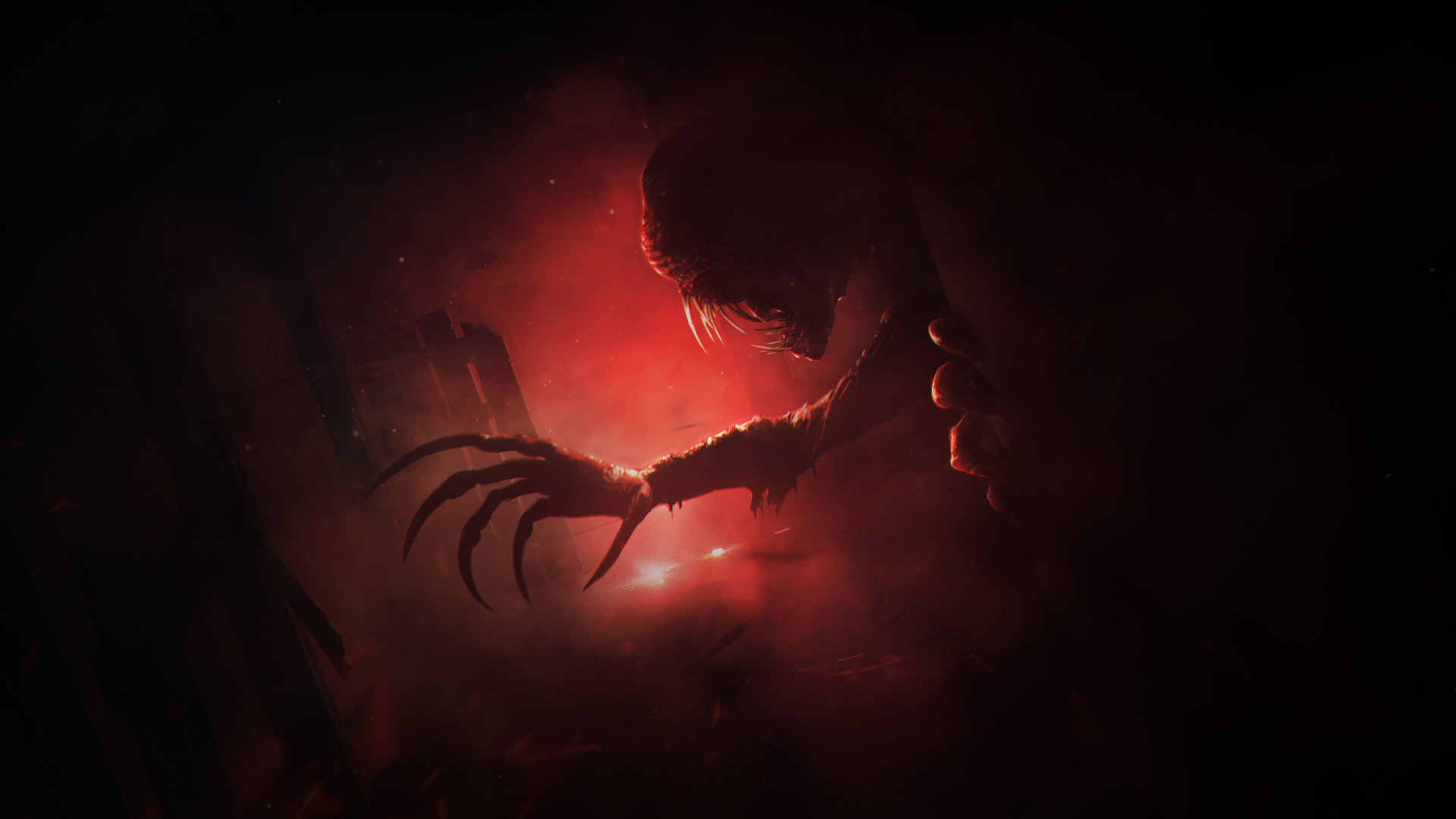
Yes, the Resident Evil remakes have been amazing, but Capcom's series has always been mone about action, tension and over-sized monsters rather than true hide-behind-the-sofa horror. This year we got a lot more of that. Alan Wake 2 mixed Lovecraft and Silence of the Lambs into a giddying, fear-drenched nightmare, while Amnesia: The Bunker provided a claustrophobic and hellish descent into war. Elsewhere, the early access release of Sons of the Forest gave us the starkest depiction of post-apocalyptic survival since Cormac's McCarthy's The Road, while Bloober Team's Layers of Fear served up all the garish giallo thrills of a Dario Argento movie. Truly a chilling year.
The fragmentation of the RPG adventure
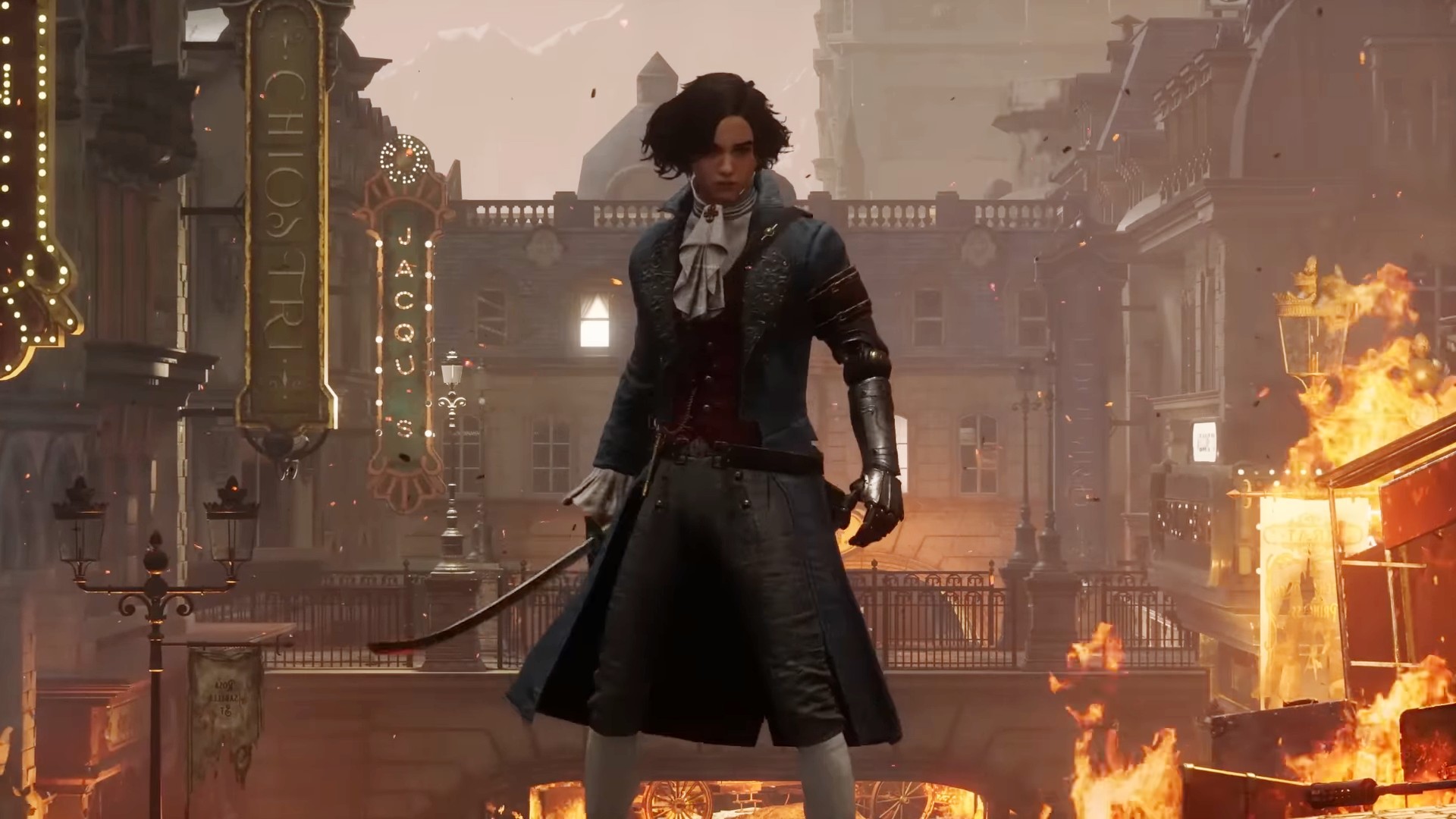
We’ve grown used to a certain structure of epic open-world action RPG through the likes of Zelda, Elden Ring and the later Assassin’s Creed titles, but this year we saw developers move away from established conventions. Baldur’s Gate 3 took us back to the CRPG era with a tabeletop-inspired masterpiece radically open to player creativity. Both Sea of Stars and Octopath Traveller carefully interpreted the SNES-era role-playing classics for a modern audience, Lies of P merged Soulslike tropes with European folklore and a puppetry take on cybernetic enhancement, and Tchia brought in a brilliant new shapeshifting mechanic. The sci-fi RPG was also well-populated with very disparate titles from the lavish Starfield to the classic Star Ocean: The Second Story R and a thrillingly rejuvenated Cyberpunk 2077.
Innovative nostalgia
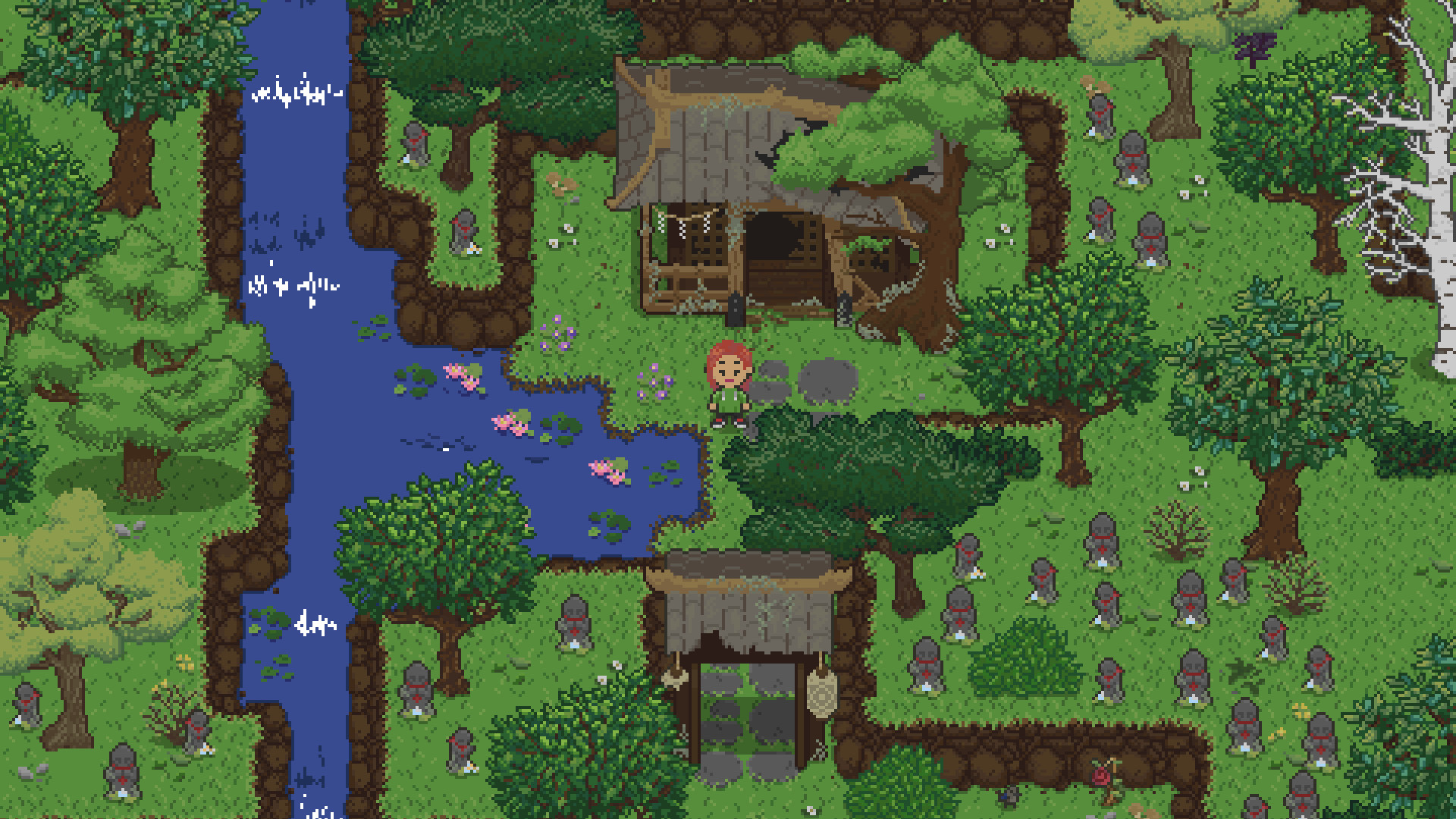
We’re used to developers constantly harking back to the past, but this year we saw lots of titles that used nostalgic genres and conventions – not just from games but also from wider culture - to innovate and explore. Spirittea looks like a standard old-school RPG, but it’s actually a supernatural bathhouse sim, combining Spirited Away and Stardew Valley with a really fascinating spirit detective element. Videoverse uses the internet interfaces of the early 2000s to tell a heartening story of friendship, and Killer Frequency brilliantly captures the 1980s with its use of neon colours and slasher movie conventions to create an offbeat murder mystery experience.
Vertical world design
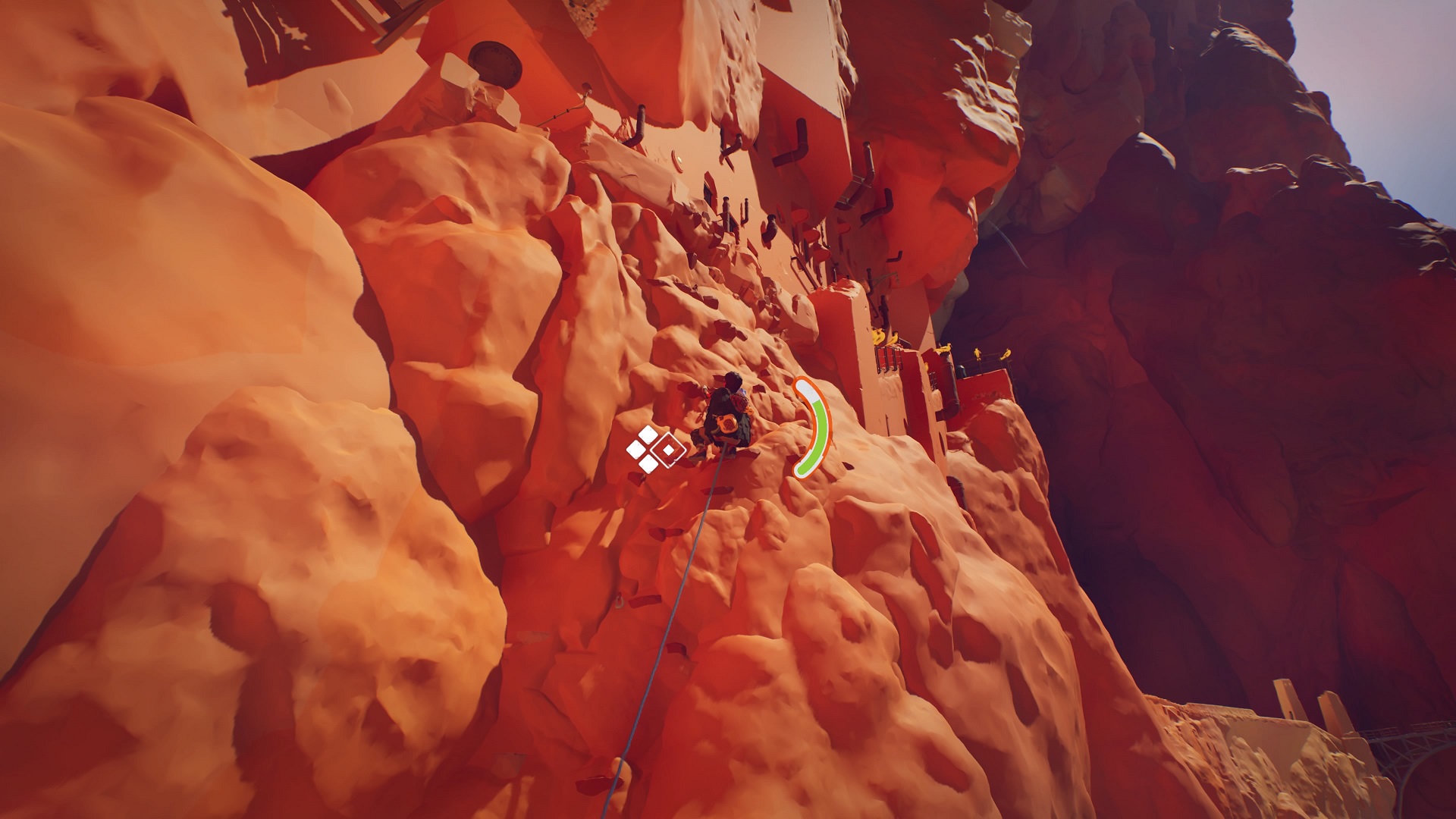
When we think of the term open-world, we usually picture rolling landscapes spreading out before us, perhaps with the odd mountain dotted about. 2023 saw developers experimenting with vertical world design, scaling epic depths and heights. Both Jusant and Chants of Sennaar take players on contemplative journeys to the top of looming towers, while New Heights added ultra realism to the burgeoning climbing sim market. At the opposite end of the spatial spectrum, the monstrous fishing sim Dredge and Dave the Diver sink us to oceanic depths.
Sign up to the GamesRadar+ Newsletter
Weekly digests, tales from the communities you love, and more
Philosophical experimentation
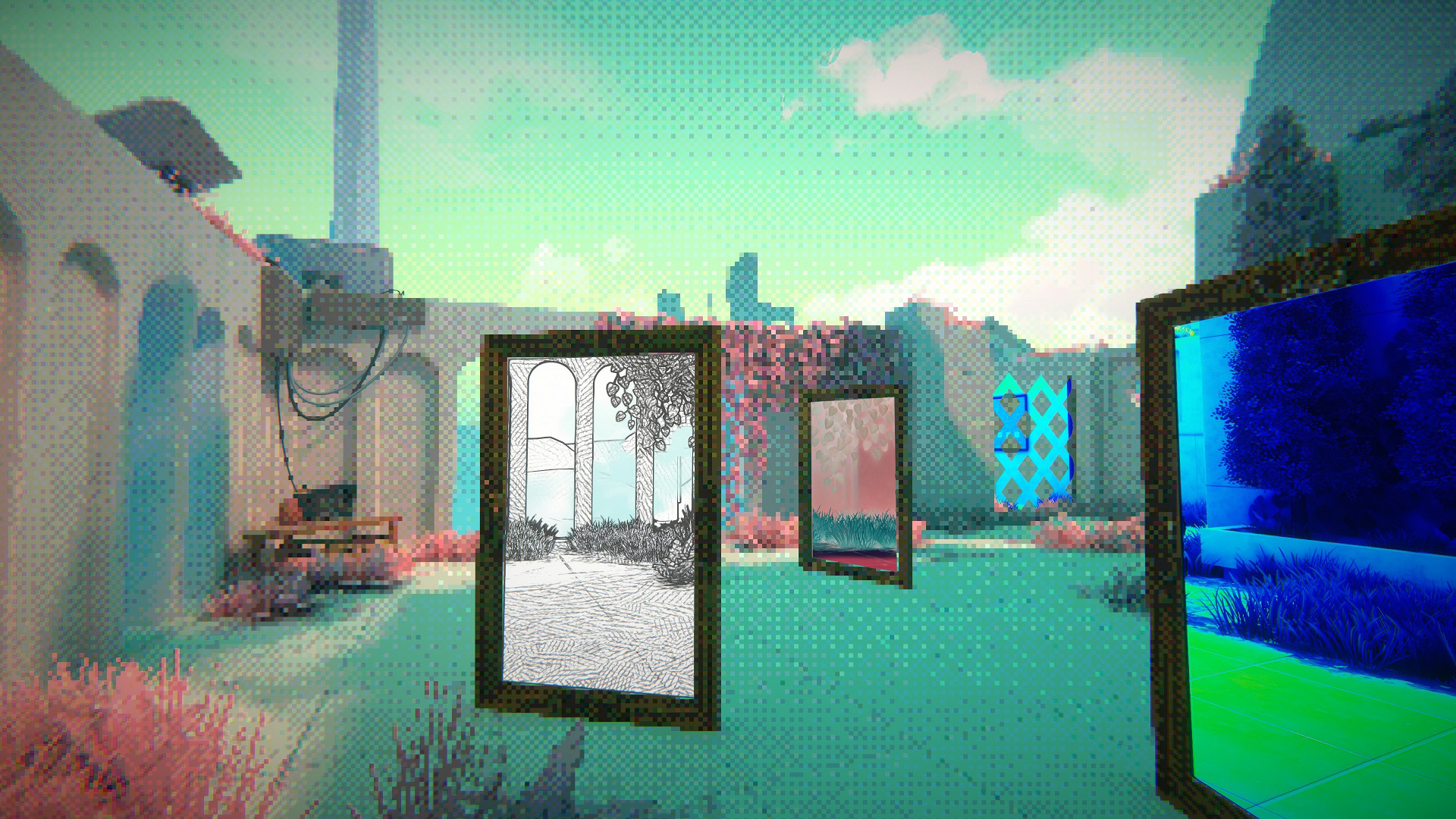
What is a virtual environment? What is the player’s relationship with what they’re seeing on screen? A few games played around with these ontological questions this year. Viewfinder allowed you to take photographs of its landscapes and then use them to access new areas. Cocoon featured worlds within worlds, which were themselves within portable orbs, in a sort of cosmic Russian Doll adventure. Wanted:Dead is a bizarre postmodern pastiche on the concept of the role-playing adventure, which constantly smashes the fourth wall to pieces. Oh and the excellent visual novel Slay the Princess is a recurring metanarrative examination of fairytale topes.2023 proved that the newest weapon in every gamer’s arsenal is a philosophy degree.
Video games as soap opera
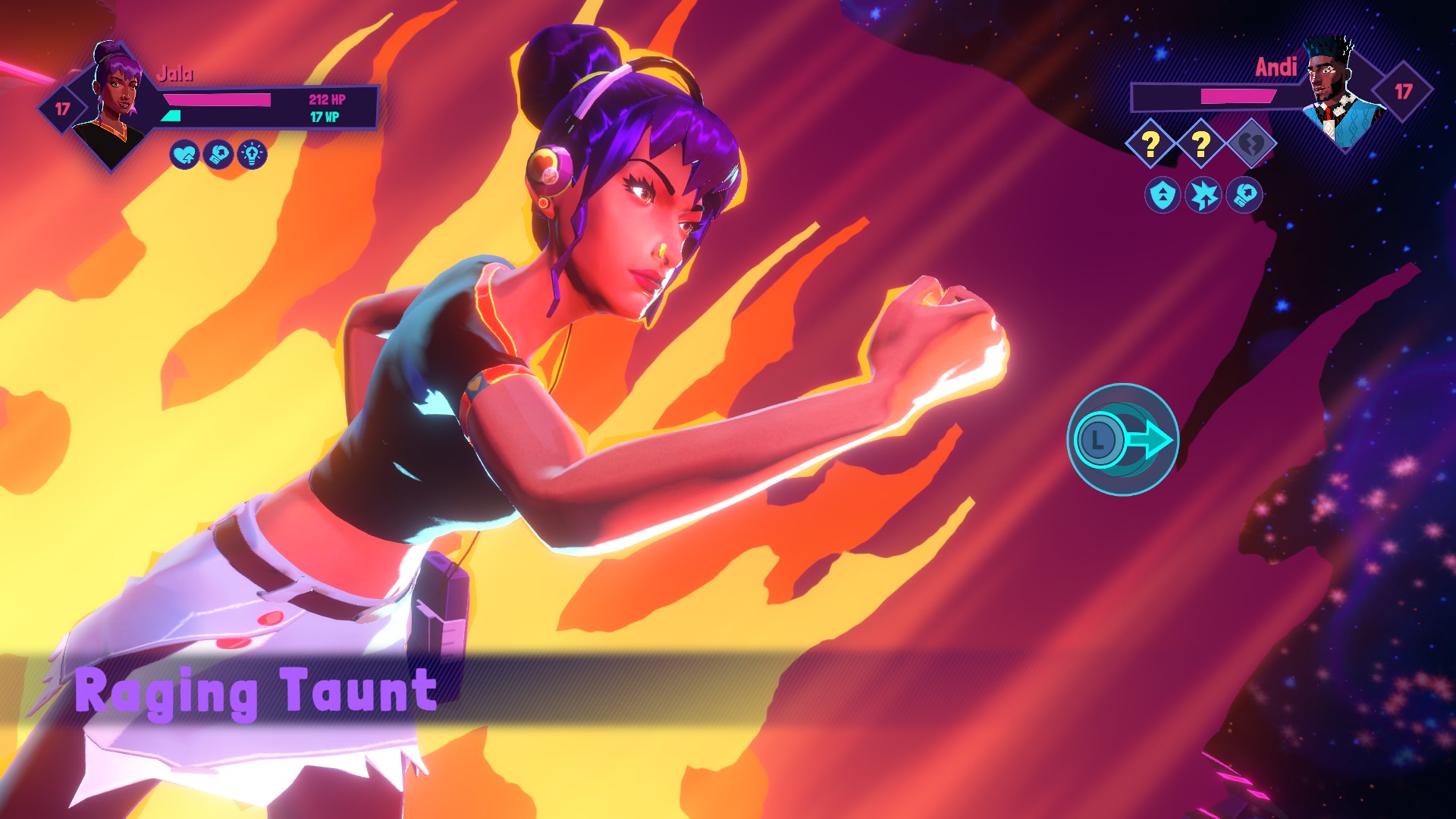
For many years it was rare for narrative games outside of the visual novel or dating genres to deal with complex relationships in wider communities – the classic territory of the soap opera. Through 2023, we saw a diverse range of titles doing just that. Fro example, Venba is a game about the role cooking plays in the lives of an Indian family in Canada; Thirsty Suitors (which shares similar themes of immigration and identity) is a relationship drama told through skateboarding and fun battles; and Saltsea Chronicles is the tale of a nautical community cast adrift without its captain. In all these games, the player’s role is a sort of emotional navigator, steering characters through broad interpersonal situations, thereby creating narratives about family, love and trauma in ways more familiar to long form TV drama.
The continued Metaversation of games
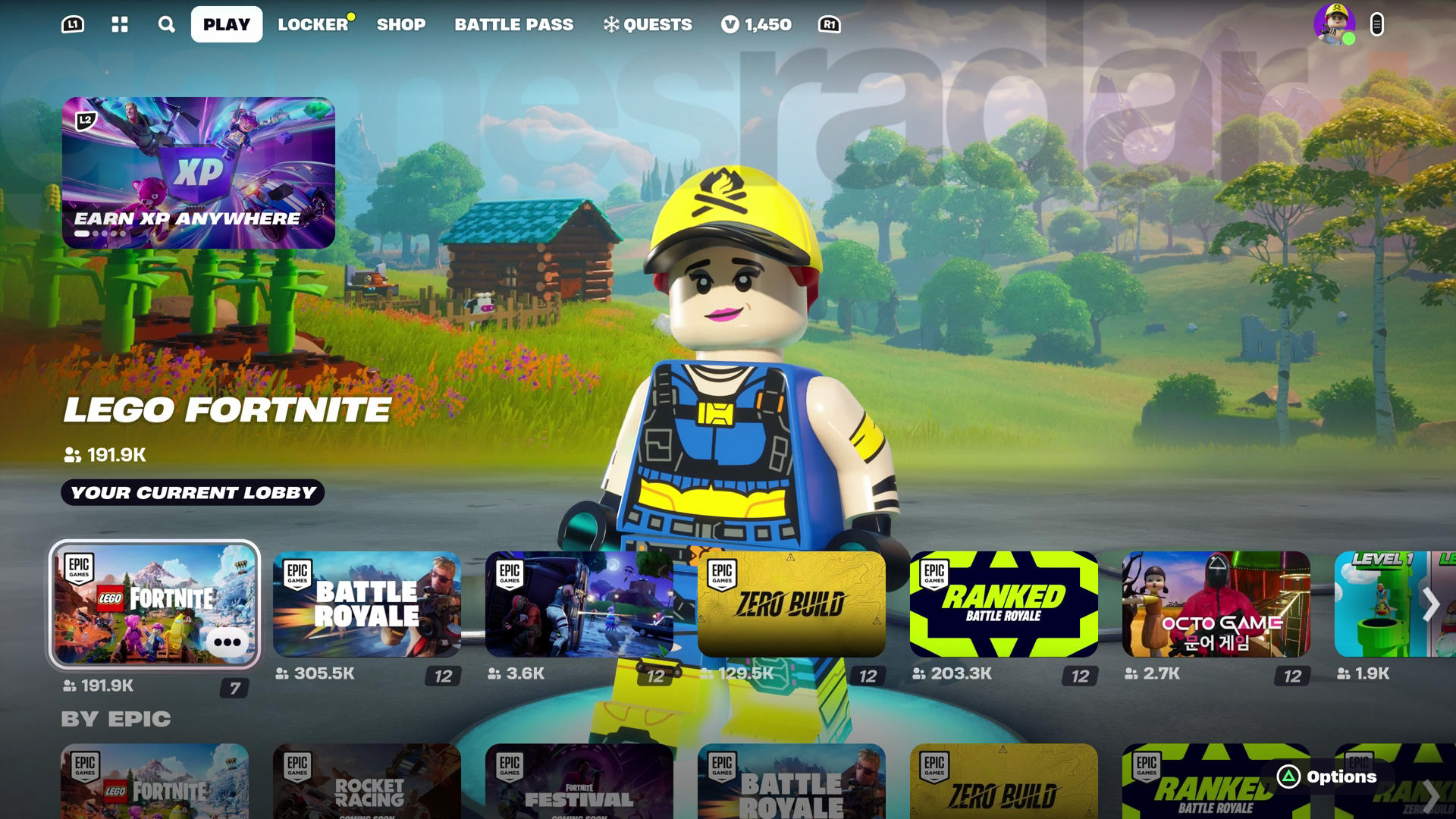
The use of persistent online games as host spaces for brand “experiences” has of course been going on for several years now, but 2023 felt an important milestone. Minecraft announced tie-ins with Star Wars and the BBC's documentary series, Planet Earth 3, Roblox hosted everything from Barbie to Bakugan, and Fortnite tied a massive deal with Lego for a branded survival adventure. It became absolutely clear this year that it will be games, and probably not vast social media empires such as Meta, that’ll provide the virtual social spaces of the future. So you’d better get used to bumping into your grandparents in Call of Duty.
Check out the best of the best of the best with the The 25 best games of 2023
Keith Stuart is an experienced journalist and editor. While Keith's byline can often be found here at GamesRadar+, where he writes about video games and the business that surrounds them, you'll most often find his words on how gaming intersects with technology and digital culture over at The Guardian. He's also the author of best-selling and critically acclaimed books, such as 'A Boy Made of Blocks', 'Days of Wonder', and 'The Frequency of Us'.


